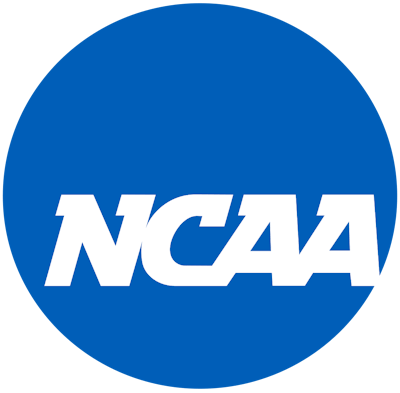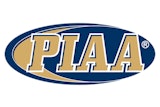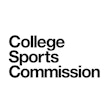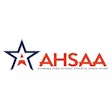
Members of the Committee on Competitive Safeguards and Medical Aspects of Sports met virtually last week and discussed the release of the second edition of Mental Health Best Practices: Understanding and Supporting Student-Athlete Mental Health, which becomes effective Aug. 1.
The document provides evidence- and consensus-based guidance to schools for supporting and promoting student-athlete mental health.
"The updated Mental Health Best Practices reflects the highest standards of excellence and evidence-based practice and of comprehensive and up-to-date guidance on supporting mental health in collegiate athletics," NCAA Chief Medical Officer Brian Hainline said. "The NCAA recognizes the importance of promoting and protecting the mental wellness of student-athletes, who face unique challenges and pressures in their pursuit of excellence."
The committee discussed the plan to educate schools about the Mental Health Best Practices, including legislative requirements, updates from the previous edition and implementation strategies to enhance student-athlete well-being. More information on educational opportunities will be provided to schools soon.
The updated document includes four core best practices for member schools:
- The creation of healthy environments that support mental health and promote well-being.
- Procedures for identifying student-athletes with mental health symptoms and disorders, including mental health screening tools.
- Mental health action plans that outline referral pathways of student-athletes to qualified providers.
- The licensure of providers who oversee and manage student-athlete mental health care.
Divisions set to vote on removing cannabinoids
The committee learned that each division has set a path to vote on its recommendation to remove cannabinoids from the list of NCAA banned substances.
Divisions II and III could approve a legislative proposal in April, and Division I could hold a vote on the issue in June.
The rationale for recommending the change was largely informed by the December 2022 Summit on Cannabinoids in College Athletics, which produced the consensus opinion that cannabis is not a performance-enhancing drug and that a harm-reduction approach to cannabis use is best implemented at the school level. The committee noted that removing cannabinoids from the list of NCAA banned substances does not equate to supporting cannabis use; it recommends schools implement harm-reduction strategies, including screening and education. The committee also approved an education and messaging plan to support schools' efforts to implement those strategies. The plan's objectives include:
- To inform NCAA member schools about the current state of the science and clinical management regarding cannabinoids in collegiate athletics.
- To provide educational resources to NCAA member schools, including those in the broader campus community involved in student-athlete mental and physical health, safety and performance, to assist in providing cannabinoid-related education to student-athletes and other relevant stakeholders.
- To promote a harm-reduction philosophy in the educational resources and messaging about cannabinoid use to NCAA member schools.
- To work with the NCAA membership to develop multimodal strategies for screening student-athletes for problematic cannabis use.
Training and Performance Advisory Group
The committee received an update on the formation of its Training and Performance Advisory Group. The advisory group is charged with developing evidence- and consensus-based guidance on performance and training topics relevant to student-athletes. These topics may include sport nutrition and hydration, sleep, performance technologies, physiological readiness and overuse injury prevention. The advisory group is expected to hold its first meeting later this year.




































